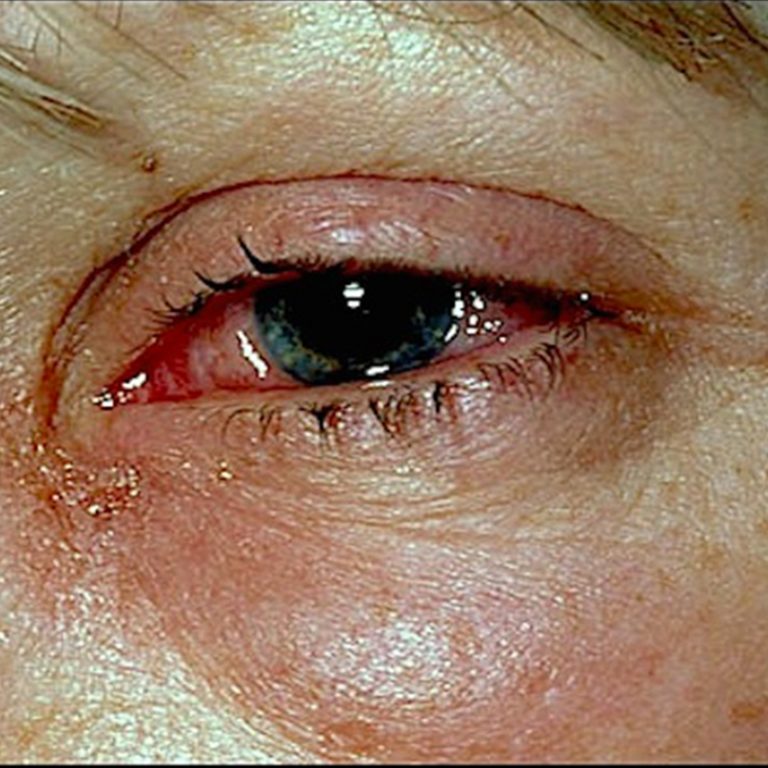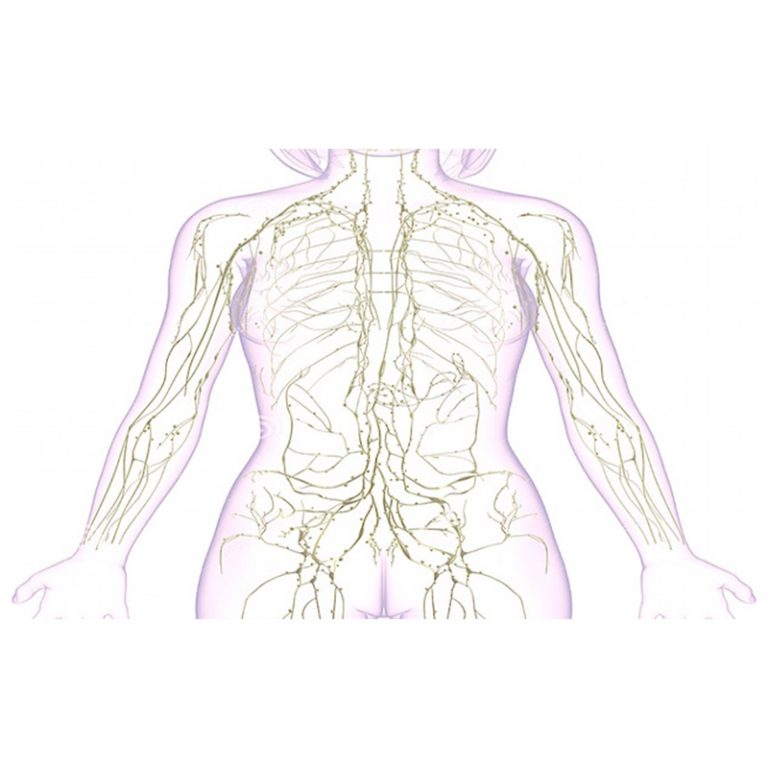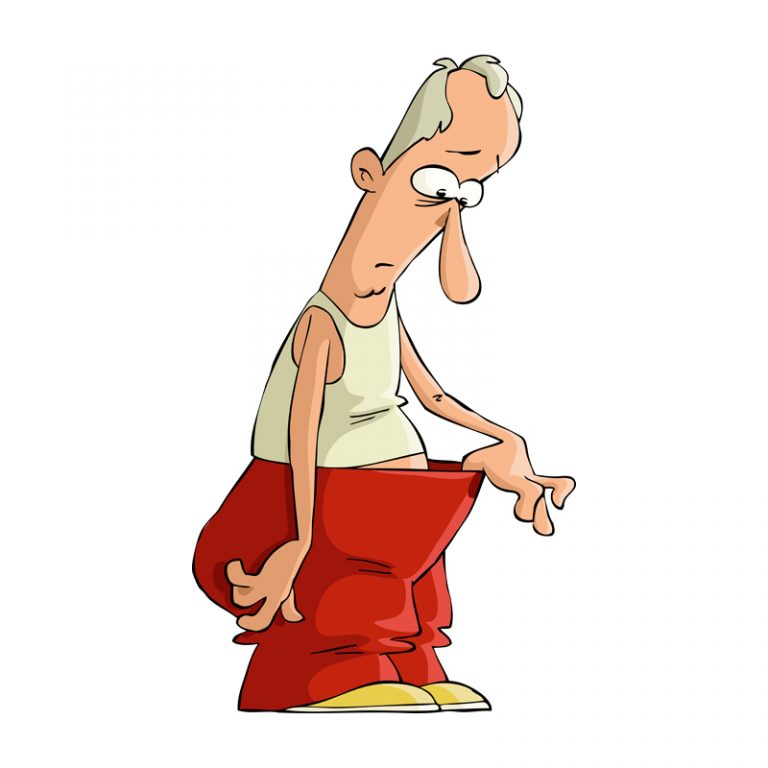Still Awake? : Try This Yoga For a Better Nights Sleep
Menopause affects on Sleep
Menopause can see women’s bodily functions go haywire because of rapidly falling hormone levels and one of the most common menopausal symptoms is sleep disturbance, which affects over 50% of menopausal women.
Although menopause itself only affects female oestrogen levels, it is the domino effect on the body which causes the greatest damage. Once the brain registers that oestrogen levels have fallen, neuro-hormones such as serotonin and melatonin start to decrease also to the point where such a scarcity of hormones puts the body into emergency mode.
As such, the body’s rhythms begin to change unexpectedly and energy can become scattered, for example the pulse quickens. Normal function ceases whilst the body works to restore the decreased hormone levels. Therefore, sleep and even digestion is disturbed, all of which can be addressed with Ayurvedic menopause treatment.
The best solution to treating this common menopause symptoms is yoga; specifically the postures: Bhujangasana (Cobra), Tiryak Bhujangasana (Twisting Cobra) and Naukasana (Boat). 7 rounds of each in the morning before breakfast will help to conserve energy and balance your biorythms – meaning you will start to get a better night’s sleep. You can also do seven rounds of the Uttanpadasana or leg raising posture which requires lying on your back and raising legs to a ninety degree angle (perpendicular to the floor) whilst breathing in, then breathing out and lowering.
In terms of nutrition, it will help to drink half a litre of water each morning on an empty stomach. Red lentils are good also.
Breathing exercise: Nadi Shodhana is also effective at purifying the nerves network and stimulating the energy channels. Close one nostril and inhale then exhale through the other; repeat with the other nostril. This Pranayama can be done for seven rounds or up to three minutes.
Other aspects of sleep hygiene, like going to bed by 10pm, having your bedroom dark and not too warm, avoiding watching TV and other stimulating activities, or eating too much right before bedtime etc are common sense and will also assist you in getting to sleep more readily.
Falling oestrogen levels also have other nasty effects such as headaches and memory lapse which I will discuss in my next blog.

*Discover holistic healing with a complimentary phone or video consultation from our expert Ayurvedic practitioner. Start your path to better health today!*























